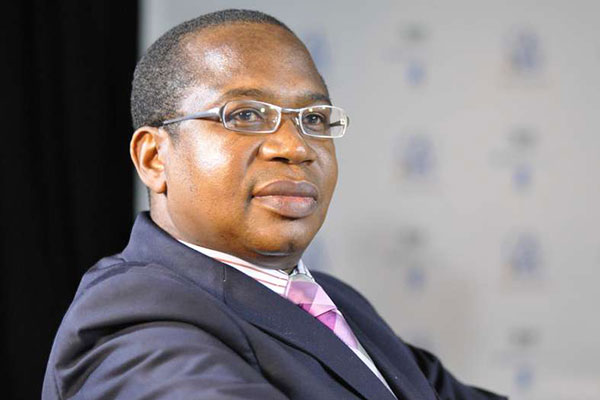Staff Reporter
Government has reiterated its commitment to supporting Independent Power Producers (IPPs), with a focus on reducing the country’s reliance on non-renewable energy sources.
This was highlighted by the Minister of Finance, Economic Development, and Investment Promotion, Professor Mthuli Ncube, during a recent visit to the Nyangani Renewable Energy Pungwe B plant in Honde Valley, Manicaland Province.
During the tour, Professor Ncube outlined Government plans to incentivise investments in renewable energy through the Government Project Support Agreement.
“The investments by Nyangani Renewable Energy are encouraging. Independent power producers need support, and as the Government, we have already implemented an agreement to facilitate this. However, we recognise there are areas that need fine-tuning, such as setting the right level of tariffs and providing Government guarantees on power production agreements,” he remarked.
Minister Ncube emphasised that the Government is working on mechanisms to make foreign currency accessible to investors in the renewable energy sector.
“We are hard at work to establish an account mechanism that supports IPPs, and we hope that in the next budget, we will make significant strides toward this goal. There is need for diverse energy sources, including hydro, coal, thermal, solar, and even nuclear power, to strengthen Zimbabwe’s energy security,” he said.
Nyangani Renewable Energy Engineer Chigwande highlighted that Independent Power Producers welcomed the Government’s supportive stance, especially its introduction of investor-friendly tariffs that promise better returns on investments.
“At Pungwe B, we currently generate 15 MW, while Honde Valley consumes around 3.75 MW. The excess power is fed into the national grid, which demonstrates the value we bring as IPPs. The importance of a strong collaboration with the Zimbabwe Electricity Transmission and Distribution Company (ZETDC), with viable tariffs, is a signal to investors that Zimbabwe is open for business,” he said.
Managing Director of Nyangani Renewable Energy, Ian Mckersie, echoed this sentiment, highlighting the region’s significant energy output.
“We have six power stations in Honde Valley generating a total of 27 MW, 7 MW in Nyanga, and a solar pilot project in Mutoko, underscoring the potential for further expansion in the country’s renewable energy landscape,” said Mckersie.
Local leaders expressed optimism about the region’s energy prospects, noting that the Government’s engagement with the community signals a commitment to delivering tangible benefits.
Mutasa North legislator, Obey Bvute, praised the impact of the Pungwe B project.
“The power generated here also serves Mutasa North, and we are normally 90 percent live, largely due to this investment,” he said.
Manicaland Secretary for Provincial Affairs and Devolution, Abiot Maronge, encouraged investors to explore the region’s potential for more renewable energy projects.
“Manicaland’s unique terrain offers a lot of opportunities for mini-hydro and solar plants. We invite more investors to come and establish similar projects,” he remarked.
To further boost domestic power production and reduce reliance on electricity imports, the Government has awarded licenses to 10 new Independent Power Producers.
These IPPs will contribute to the national grid under the Government Project Support Agreement, marking a significant step toward a more self-sustaining energy future for Zimbabwe.




